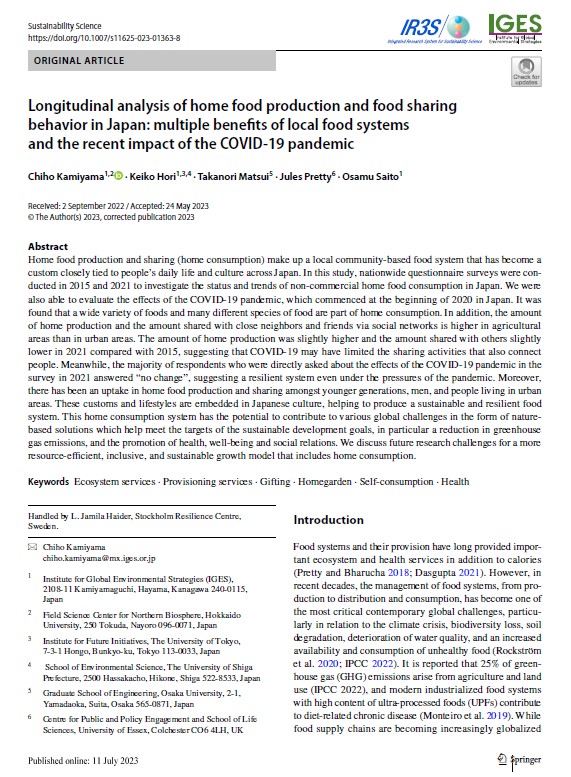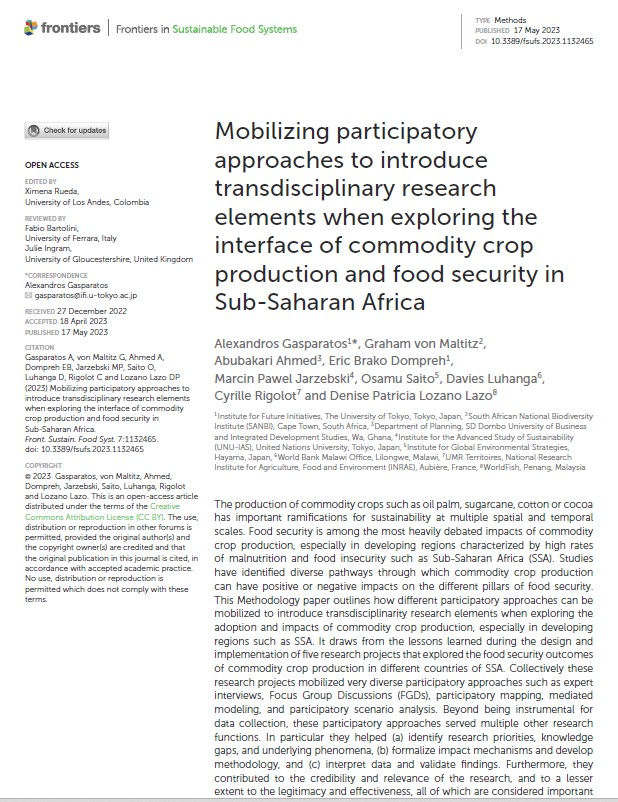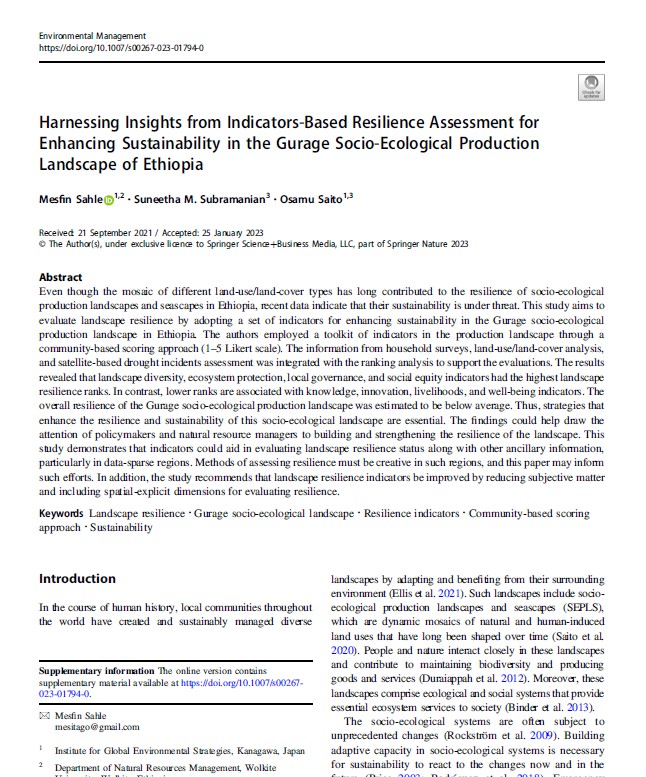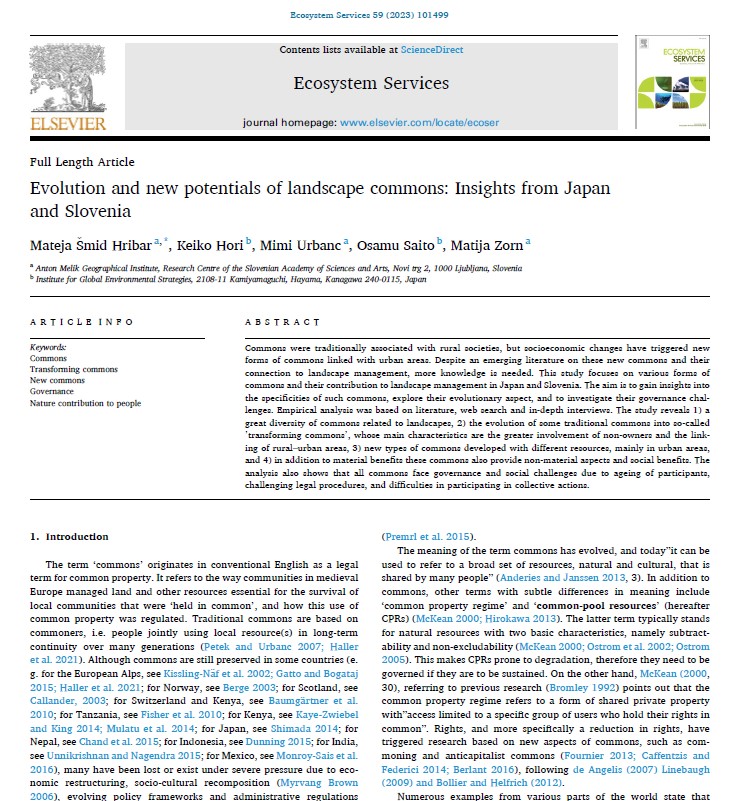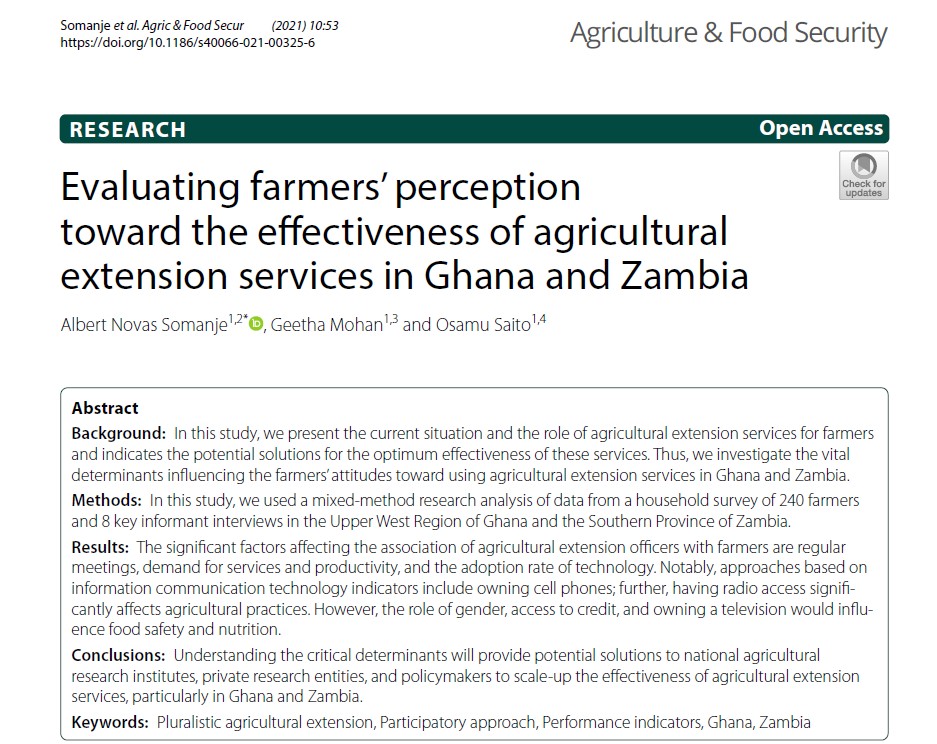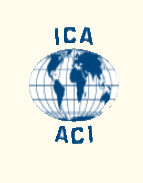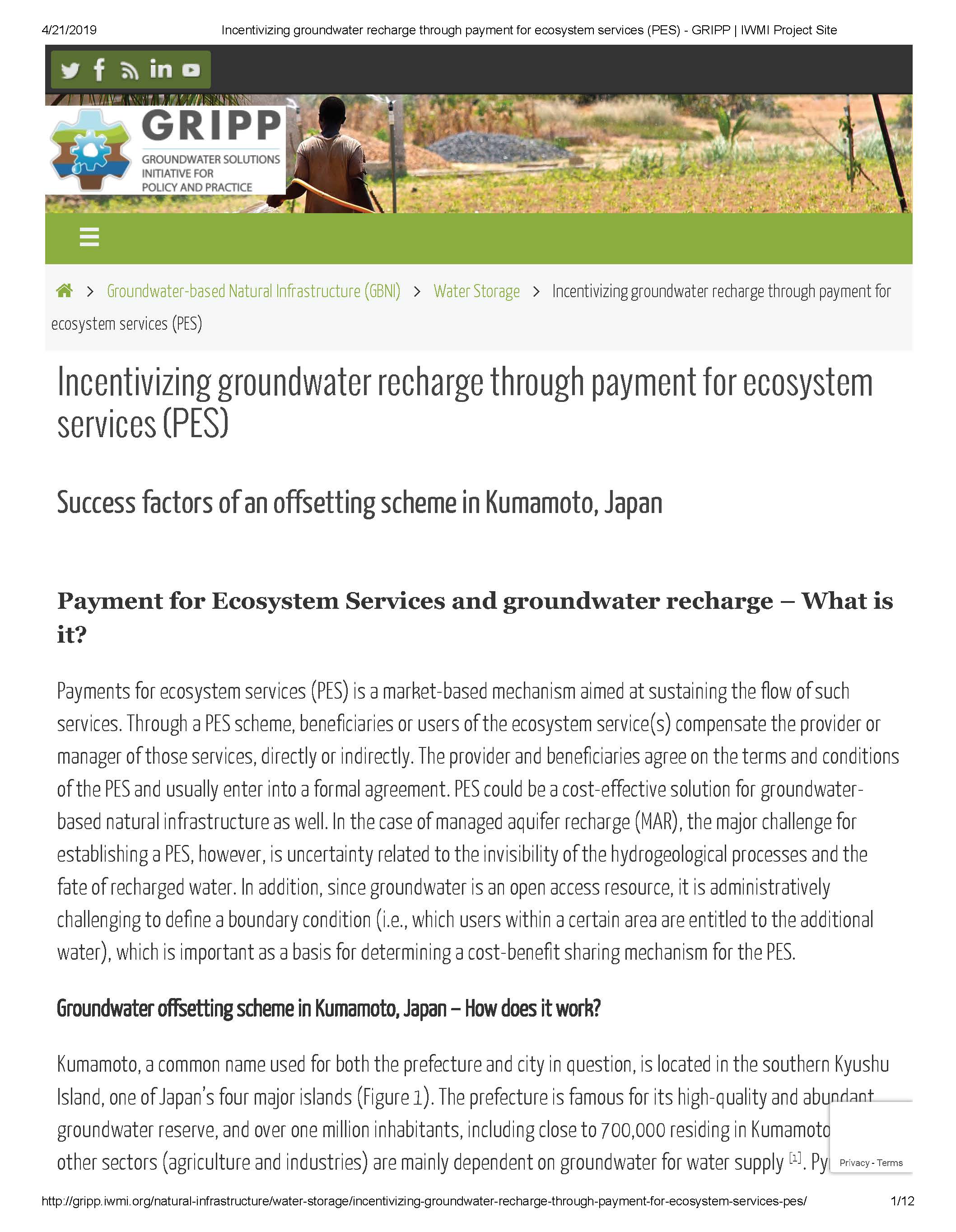In Sustainability Science
Home food production and sharing (home consumption) make up a local community-based food system that has become a custom closely tied to people’s daily life and culture across Japan. In this study, nationwide questionnaire surveys were conducted in 2015 and 2021 to investigate the status and trends of non-commercial home food consumption in Japan...

